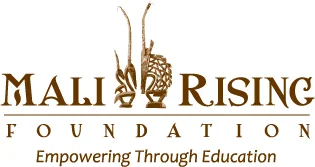Our supporters who follow international news may have heard some disturbing updates out of Mali over the last week or so. I wanted to provide a snapshot of the situation, and assure you that our students and staff are currently safe.
Strong Woman Scholarships Give Girls Hope
Children living in extreme poverty face many obstacles to their education, but girls in this situation face even more hurdles because they are victims of inequalities and suffer discrimination throughout their educational journey. Mali Rising helps girls get over those hurdles using many strategies, including Inspiration Scholarships for our outstanding graduates. This year, eight girls from current Girls’ Project villages benefited from a scholarship. Read about two of those girls’ stories…
Healthy Kids Are Good Students
In order to succeed in school, you need to be in the classroom. And in order to be in the classroom, you need to be healthy. That’s where Mali Rising’s regular handwashing trainings come in — helping students stay healthy and in school learning. Read about one of our recent trainings and how poop jokes play in to it…
History & Culture of One Mali Ethnic Group: the Soninké
In Mali, your ethnic group is a point of pride and connection. In our schools, we see students from a wide range of ethnic groups learning side-by-side – embracing their own history and culture while also enjoying the diversity of Mali. Today, I want to share the history of my ethnic group and a little of its culture, because I come from a very large Soninké family from Mali in the Kayes region.
Kadia's Scholarship Keeps Her Fed & Shod
Mali Rising’s Inspiration Scholars sponsors are changing lives. By donating a modest scholarship, these donors help our most outstanding middle school graduates go on to vocation school or high school. The scholarships help the specific recipients of course, but the gift ripples out even farther. Other students are inspired to study hard in the hopes of a future scholarship. Parents see their earlier investment in education paying off and enroll young siblings. And Scholars return to their home villages with skills and an income that helps their whole family. We recently caught up with one Inspiration Scholar, Kadia Traore.
Studying Agriculture To Drive Food Self-Sufficiency
Being a student in Mali is a tough job. Because so much of the population lives in extreme poverty, young people are under serious pressure to drop out of school to help their families survive by going to work. Even if the family can spare a child to school, there are often no extra resources to help with tuition or other costs associated with education. This creates a cycle where even smart, motivated youth cannot live up to their potential — there are just no resources to help them get ahead. That’s where Mali Rising’s Inspiration Scholar supporters come in. By underwriting a modest scholarship, these donors help our most outstanding middle school graduates go on to vocation school or high school. We recently caught up with one Inspiration Scholar, Barou Kone.
A Child Should Be In School; Not In A Mine
In recent decades in Mali, the increasing rate of global warming has caused continuous climatic change characterized by drastic reduction in rainfall. Before, farming was the dominant way to make a living but this unexpected situation (poor rainfall) has hugely impacted on rural farmers’ incomes. Uncertainties, famine and extreme poverty have reached many families in southern Mali. Some people have lost hope. In order to deal with drought issue and meet their household’s needs, many local farmers migrate to the artisanal gold mines. Artisanal mining has become an alternative way of survival strategies for local farmers. Some parents encourage their children to give up schools and join them in mine and work in order to contribute to household finances
Handwashing Trainings Keep Students Healthy
Keeping students healthy is tremendously challenging at schools in Mali because of the lack of running water and a lack of hygiene education. Mali Rising has a small Health Project which focuses on providing basic tools and handwashing education to address one of the simplest health solutions – good hand hygiene!
Educating Boys About Educating Girls
By Merritt Frey, Executive Director
Because female students in Mali face special barriers, we have a robust Girls’ Project to help support their special needs. But research shows improving girls’ access to education takes action from the whole community…not just the girls. So, part of our Girls’ Project work focuses on engaging boys from our partner schools in discussion about gender issues and how they can actively support their fellow students who happen to be girls.
This work focuses largely on peer meetings where boys gather for facilitated discussions about human rights, girls’ education, and their role in knocking down obstacles for girls. The meetings are lively, with boys actively debating big ideas and sharing their ideas for building a more equal world.
In November, we hosted these discussions in three of our partner villages — Diorila, Sebela, and Zambougou. In each case, 40 to 60 boys came out to learn and share their own thoughts. Adama Kone, the Mali Rising staff person who leads these discussions, noted how much fun was had…and it wasn’t only because cake was provided!
“These young men can be allies for girls in their classroom today, and in the future they can speak up for women in their families and in Mali as a whole. In Mali, change starts with discussion and debate among the community, and these boys really engaged,” said Adama.
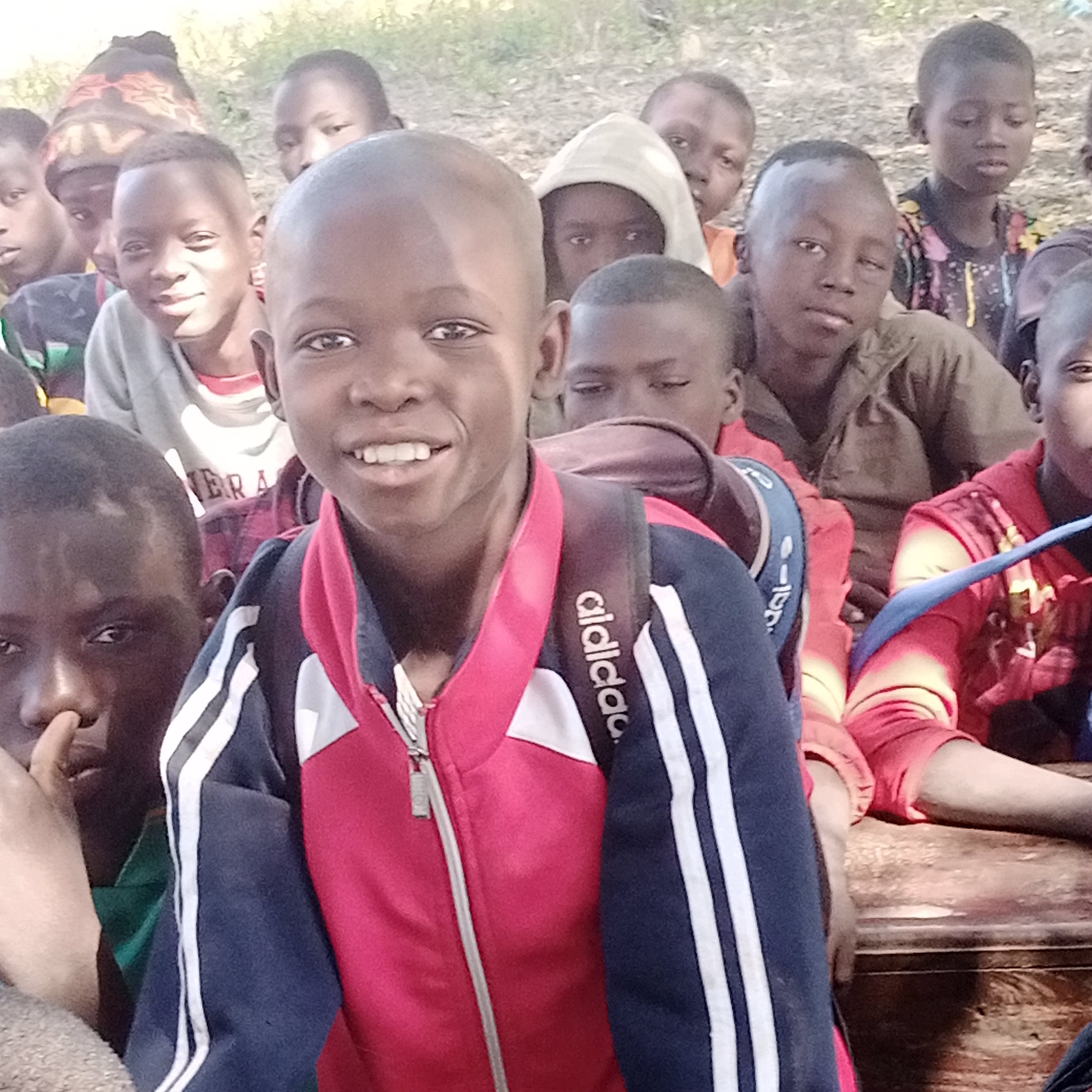
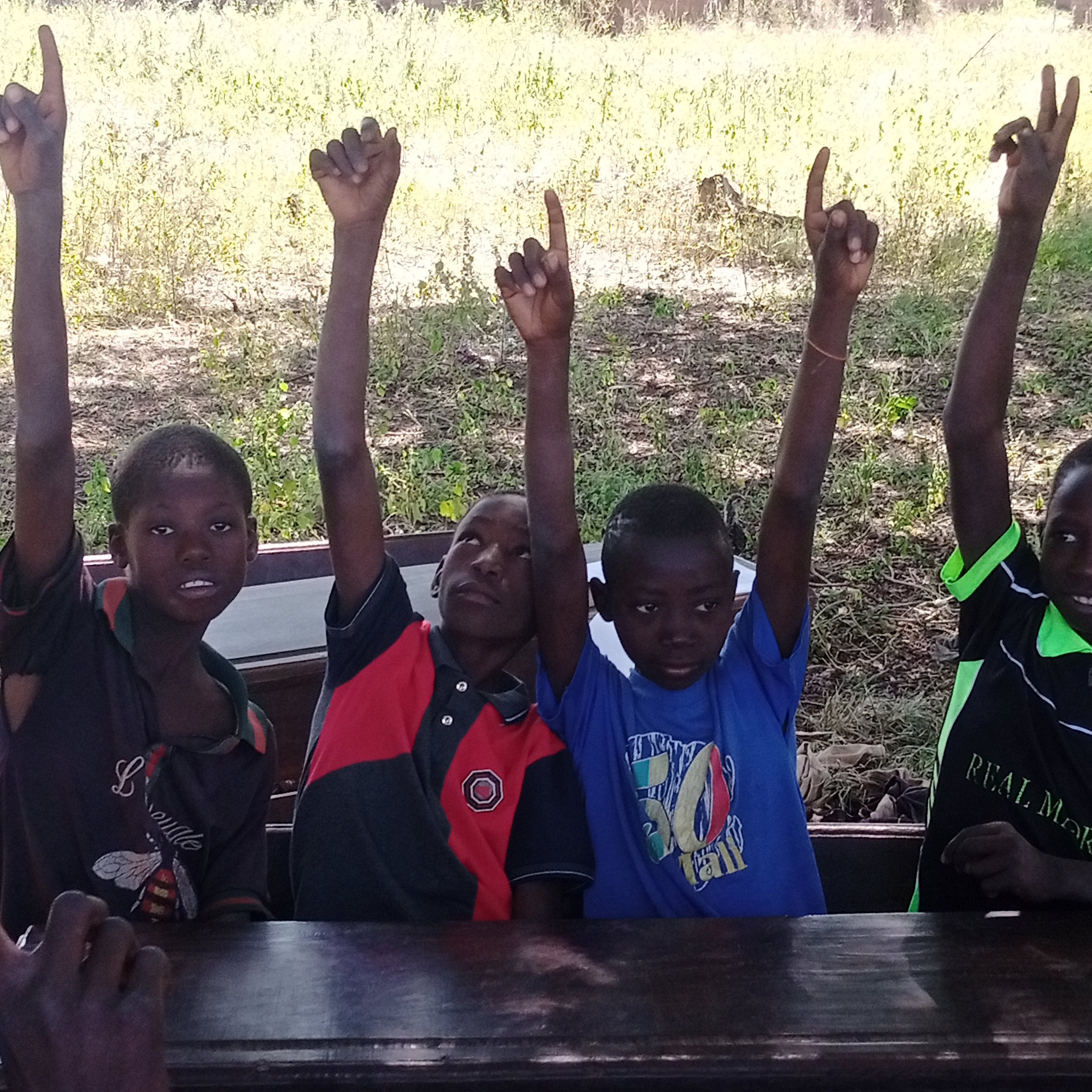
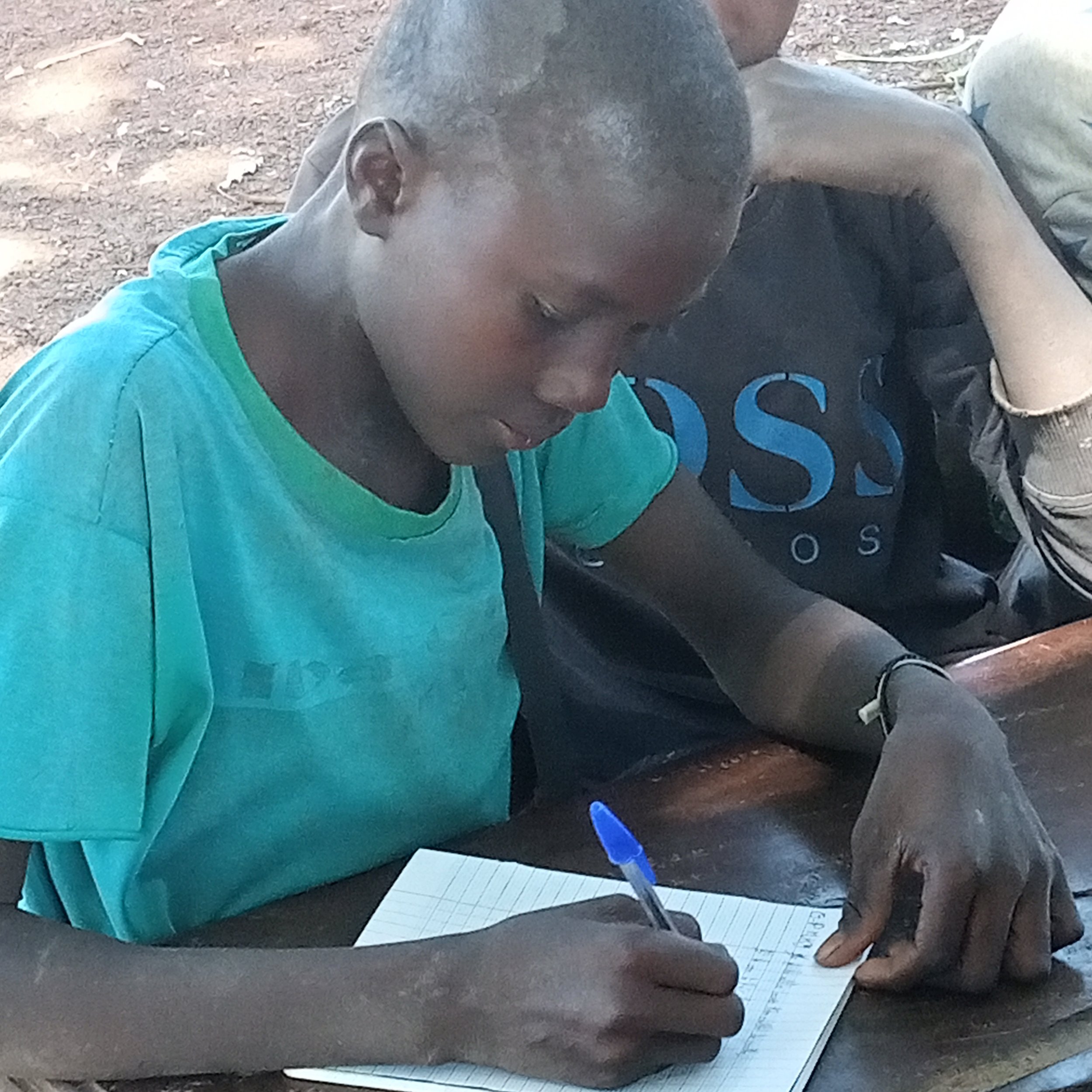
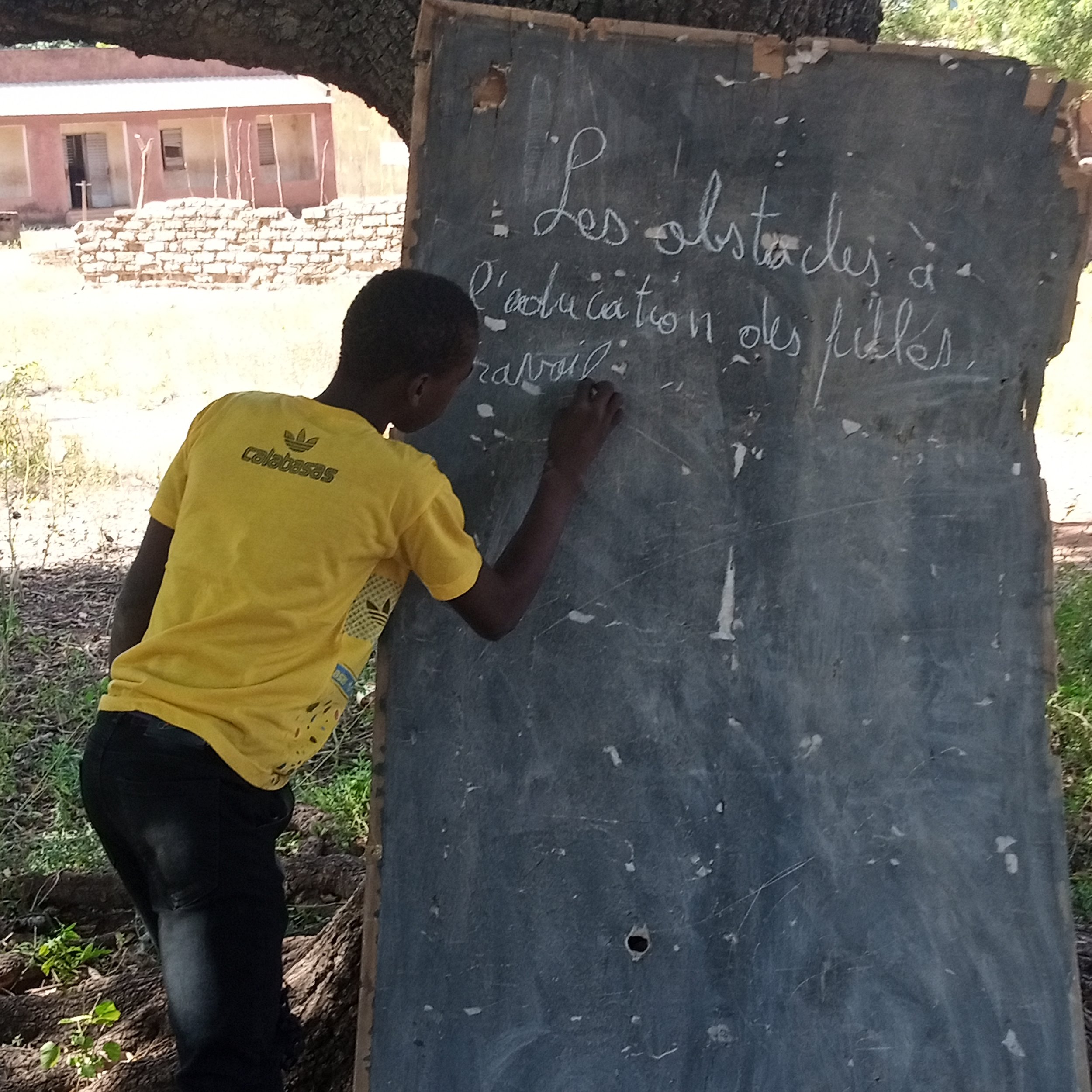
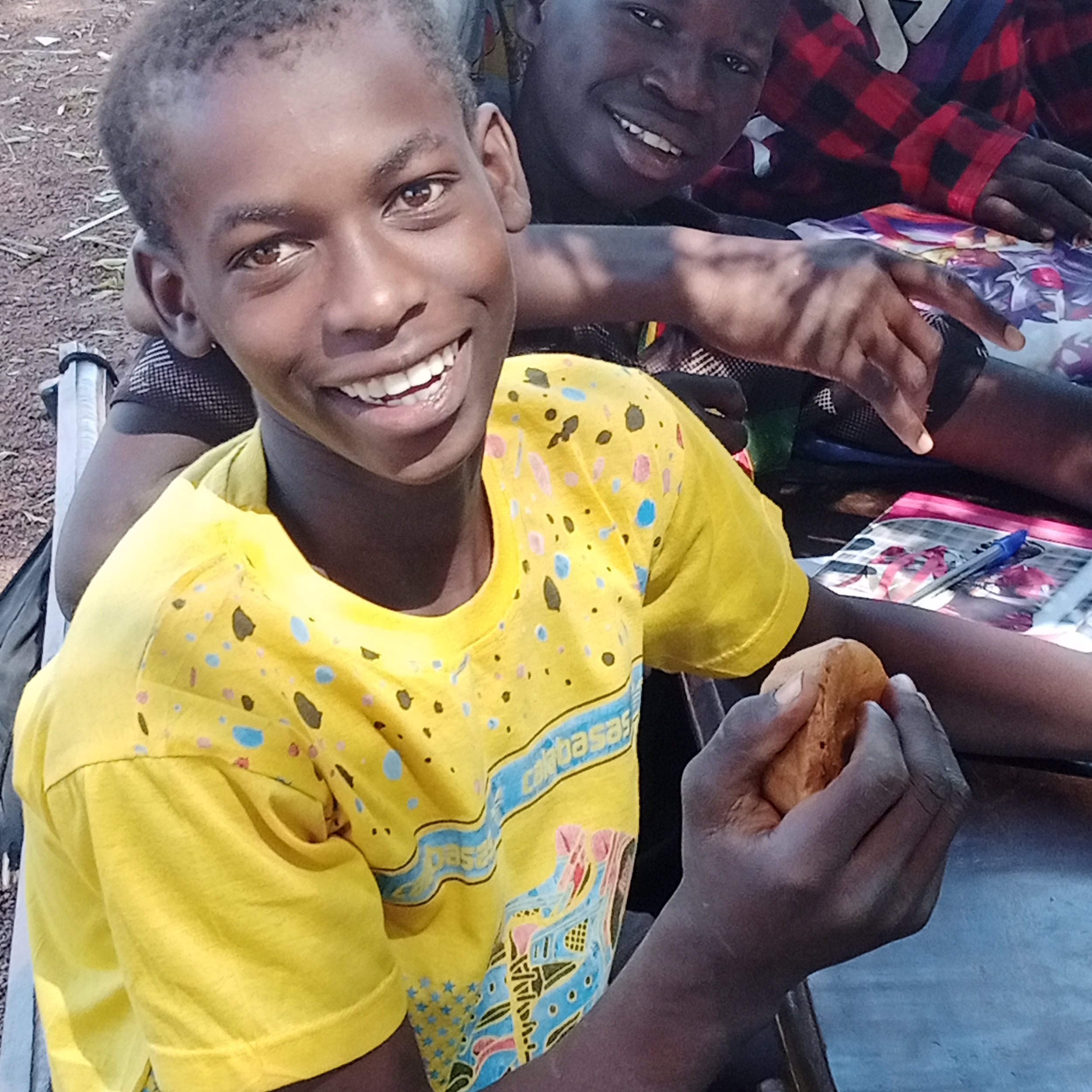
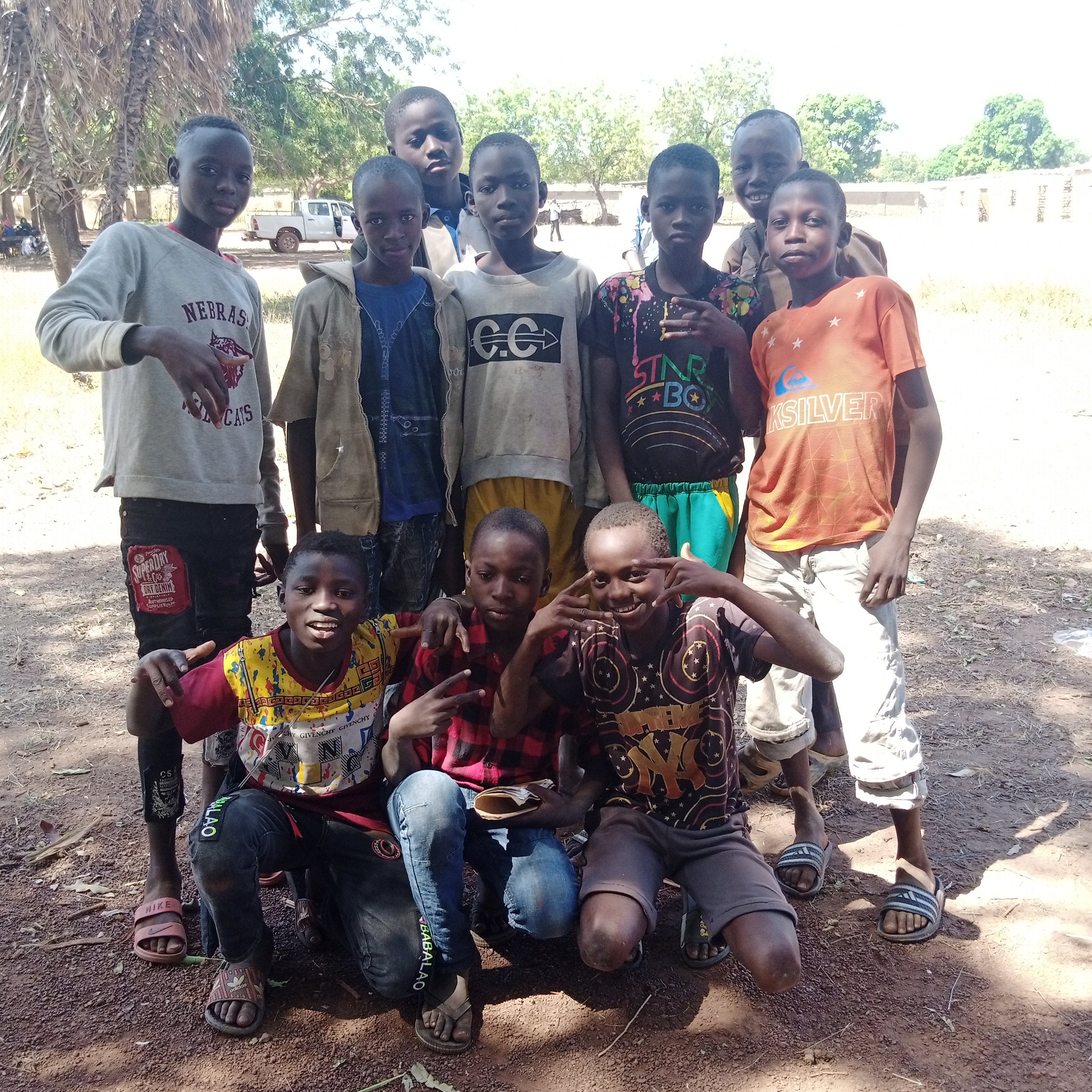
A Little Reward Goes a Long Way
Encouraging and recognizing good work done is an effective way to develop a taste for learning. Indeed, reward is an extrinsic motivator that prompts the student to improve certain behaviors, providing conditions that facilitate their motivation and learning.
It is in this context that the Girls’ Project gave gifts to 15 most outstanding girl students from last school year in the five villages of Girls’ Project -- Zambougou, Sebela, Dorila, Tamala and N'Tentou. This was done both to reward the girls for their hard work and to create competition among all the girls to study hard.
